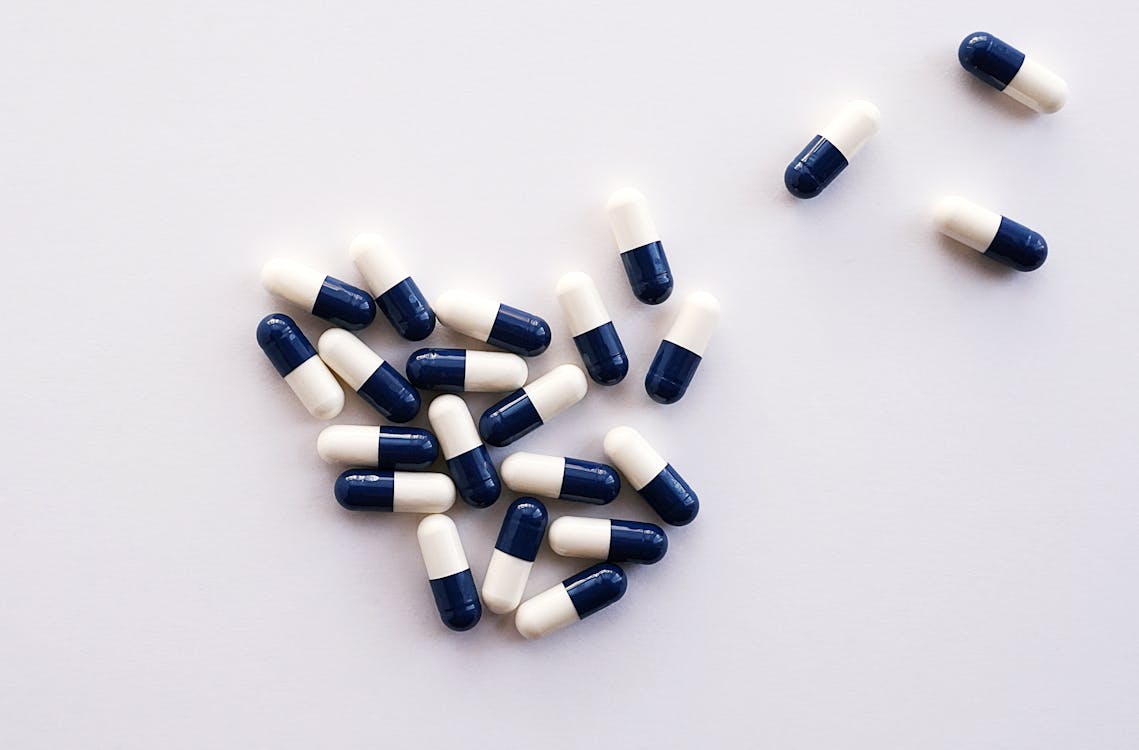Medication Management
Proper documentation and reporting
Palliative and End-of-Life Care
Specialized Care and Assistance
Caregiver Self-Care and Professional Development
Course Progress Bar
0% Complete
0/41 Steps
Course Navigation
Medication Management
Proper documentation and reporting
Palliative and End-of-Life Care
Specialized Care and Assistance
Caregiver Self-Care and Professional Development
Medication administration and dosage calculations

Medication administration and dosage calculations require careful attention and adherence to safety protocols as a caregiver. It is crucial to follow healthcare professionals’ instructions and seek proper training when administering medications. Here are some guidelines to assist you:
- Obtain Proper Training:
- Seek specific training on medication administration from healthcare professionals, such as nurses or pharmacists. Understand the legal and ethical considerations related to medication administration.
- Read and Understand Medication Labels:
- Read medication labels carefully to ensure you have the correct medication. Verify the name, dosage strength, route of administration, and any special instructions or precautions.
- Ensure Medication Compatibility:
- If the individual is taking multiple medications, be aware of potential drug interactions or contraindications. Consult with healthcare professionals to ensure the compatibility of different medications.
- Adhere to Medication Schedule:
- Follow the prescribed medication schedule diligently. Administer medications at the correct times and intervals as instructed by healthcare professionals.
- Accurate Dosage Calculation:
- When required to calculate dosages, carefully follow healthcare professionals’ instructions and guidelines. Pay attention to the dosage units (e.g., milligrams, milliliters) and convert between units if necessary.
- Use Proper Measurement Tools:
- Use appropriate measuring devices, such as calibrated syringes or measuring cups, to ensure accurate medication dosages. Avoid using household spoons, which may not provide accurate measurements.
- Double-Check Dosages:
- Double-check calculations and measurements to ensure accuracy. Consider seeking verification from another caregiver or healthcare professional to minimize errors.
- Administer Medication Correctly:
- Administer medications using the prescribed route (e.g., oral, topical, injectable) and technique. Follow specific instructions for each medication, such as whether it should be taken with food or at a certain time of day.
- Observe and Monitor:
- Observe the individual for any immediate reactions or side effects after medication administration. Monitor for any adverse reactions and report them to healthcare professionals promptly.
- Document and Communicate:
- Keep accurate records of medication administration, including the time, dosage, and any relevant observations or reactions. Share this information with healthcare professionals as needed.
- Storage and Disposal:
- Store medications in a secure and appropriate location, following recommended storage conditions (e.g., temperature, light exposure).
- Dispose of expired or unused medications properly according to local guidelines or instructions provided by healthcare professionals or pharmacies.
Remember, medication administration should always be done within your scope of practice as a caregiver. Consult with healthcare professionals for specific instructions and seek clarification when needed. Regularly communicate with the healthcare team to ensure effective medication management and address any concerns or questions that arise.
